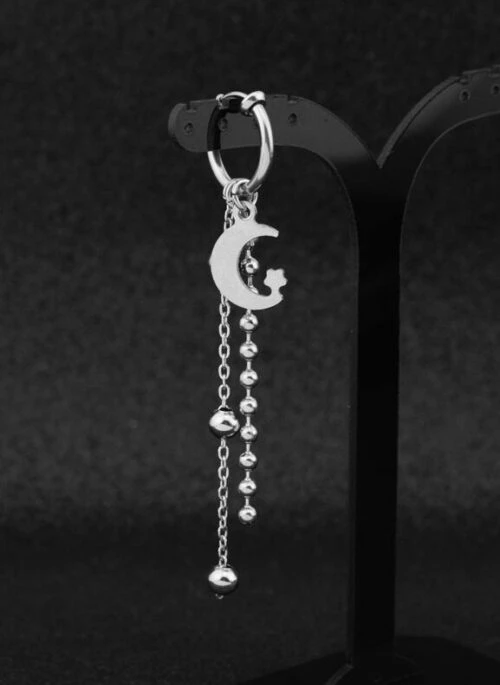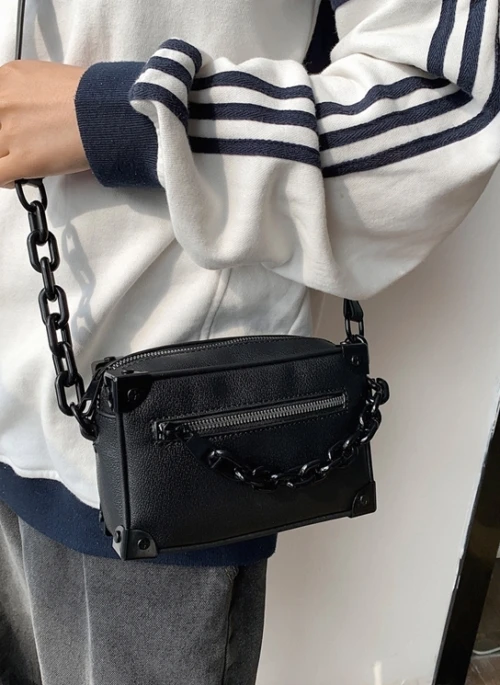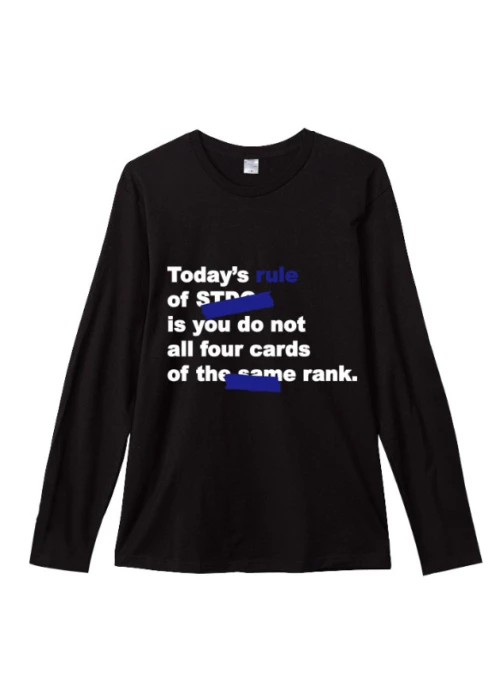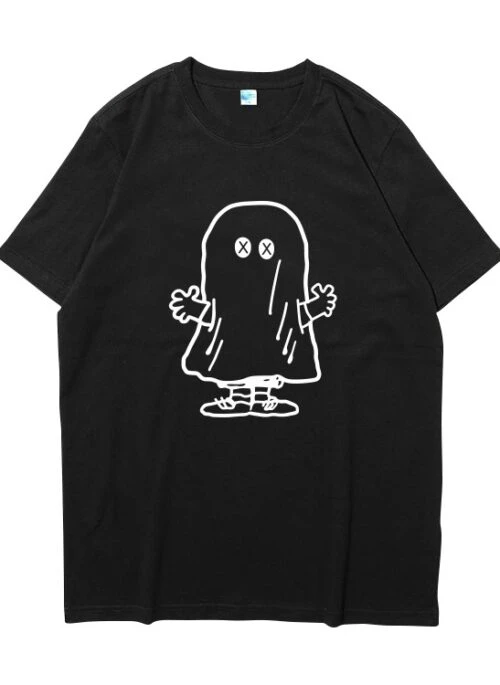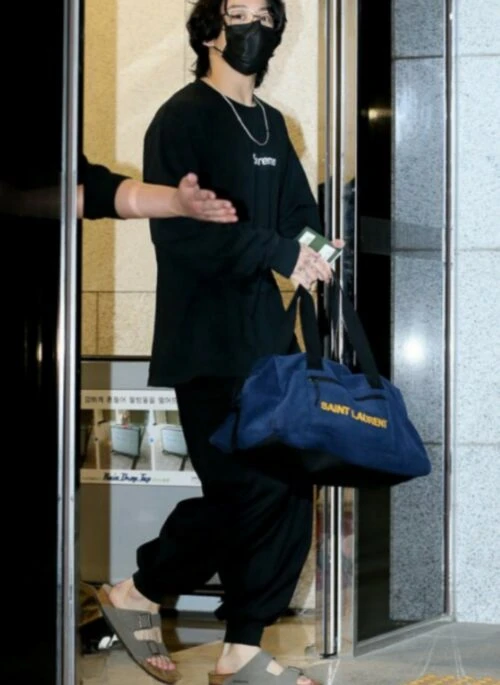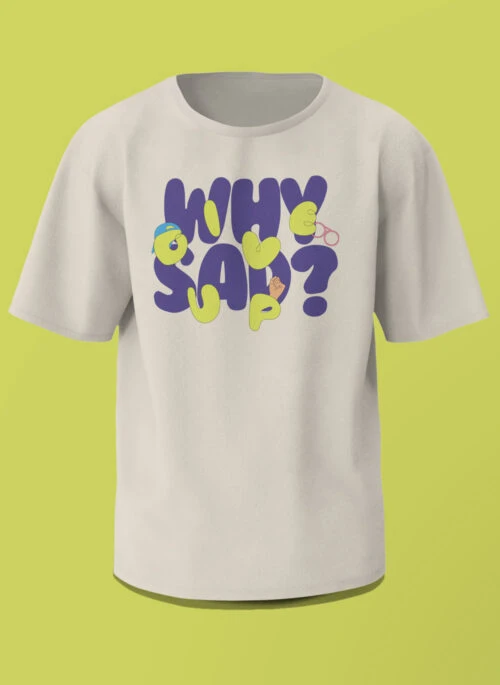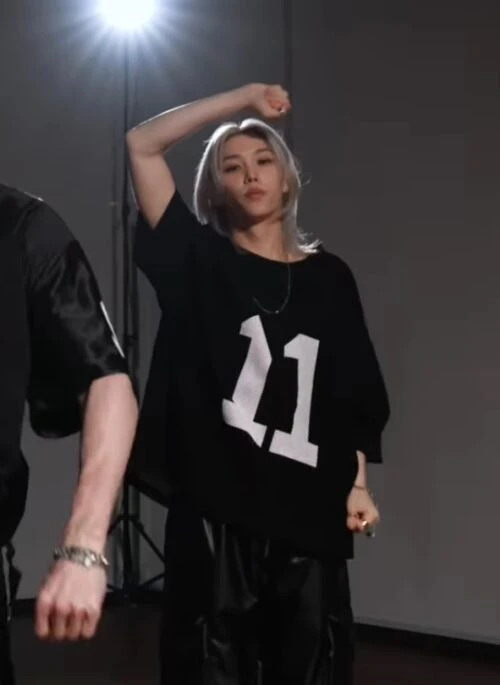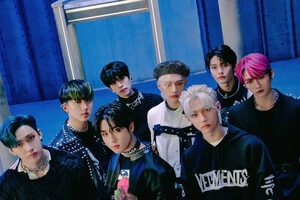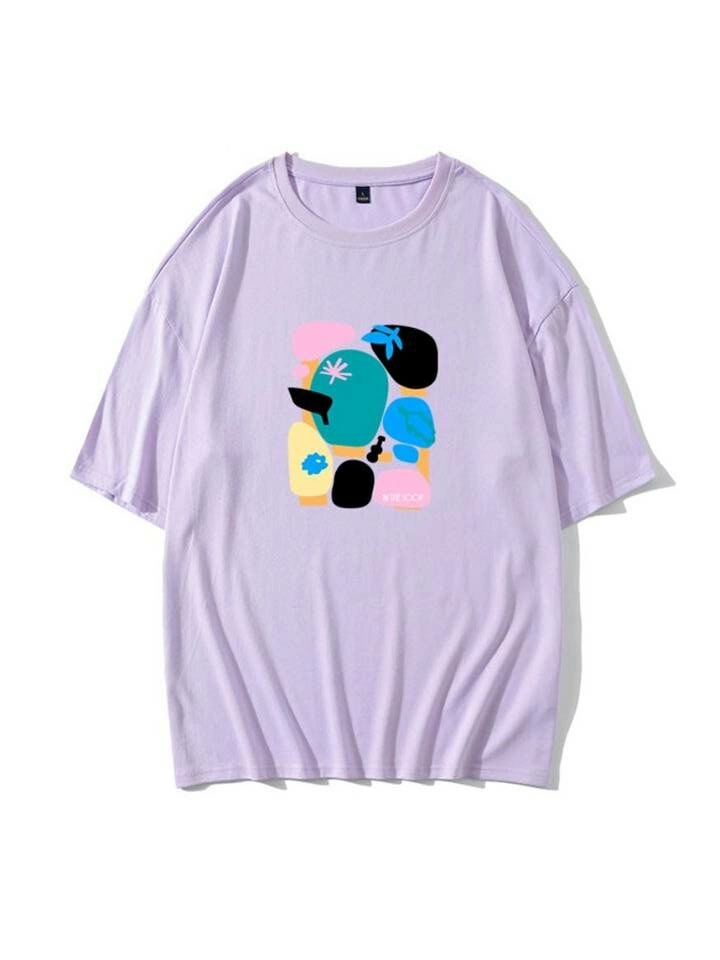20/02/2025
K-Pop Streaming Bots: The Truth About Fake Success
Have you ever wondered if your favorite K-pop band’s success is real? Well, once you get through this article, you might begin to question everything you know about K-pop fame. You see, streaming bots have made a mess of the reputations, reliability, and perception of every K-pop band out there because of one tragic possibility: maybe these groups don’t have an audience as big as we all thought. But how is a deception of that level really possible? Let’s find out.
Table of Contents
How Streaming Bots Distort Fame
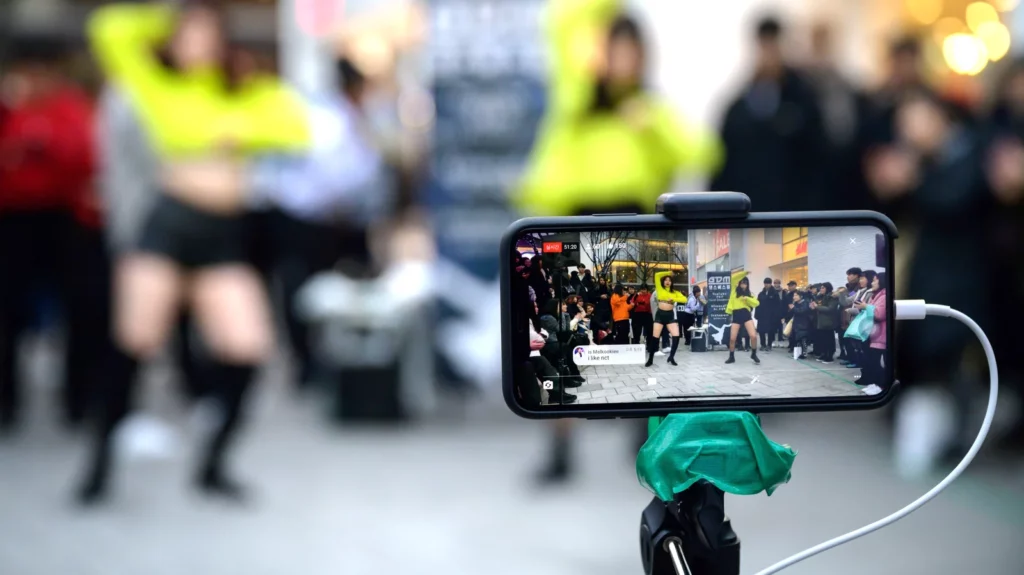
Imagine thinking your favorite song is topping the charts because everyone loves it, only to find out it’s been pushed up by bots streaming it on repeat. That’s exactly what’s been happening, and it’s making a lot of fans and industry insiders question what’s real and what’s just artificially inflated numbers. This whole mess isn’t new, and in K-pop, there’s even a word for it.
Sajaegi: Where It All Started
The term sajaegi basically refers to companies messing with the charts using shady tactics to boost their artists’ rankings. And guess what? People have been getting caught. Back in 2020, South Korea’s Ministry of Culture, Sports, and Tourism decided they had seen enough and started investigating multiple entertainment companies for chart manipulation. They wanted to figure out just how deep the problem ran and whether some of those chart-topping hits were even legit in the first place.
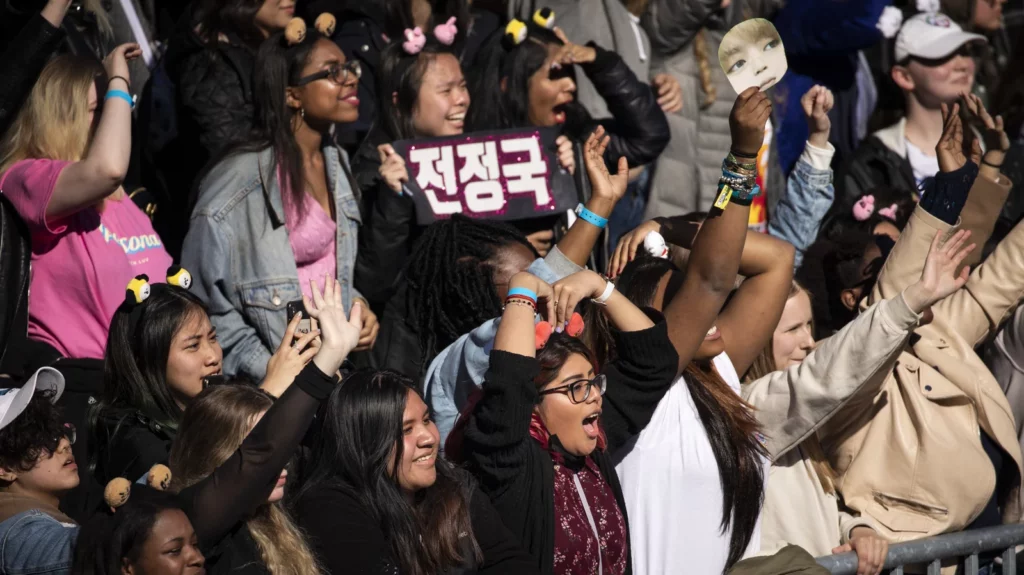
Shaun’s “Way Back Home” Controversy
Do you know what one of the most talked-about cases was? Shaun’s “Way Back Home” in 2018. Before that song blew up, most people had no idea who he even was. But suddenly, he was dominating the charts, beating out huge K-pop groups. Naturally, that raised a lot of eyebrows. Was it really a sleeper hit, or was his agency playing the system?
Well, most people were convinced bots had been used to boost streams and that the song’s success was anything but organic. Of course, his team denied it, saying the song’s success came from viral marketing, but let’s be real—fans weren’t buying that excuse so easily. By 2024, things were still wild. Authorities charged eleven people—including a CEO—for manipulating music charts to push 15 different K-pop songs up the rankings. Just when you’d think the industry was cleaning up, this case proved that chart-rigging is still alive and well.

TEEN TOP’s Sajaegi Scandal
But that wasn’t all. Back in 2013, TEEN TOP’s unexpected music show victory led to a full-blown sajaegi scandal. Fans couldn’t believe the group had pulled off a win, and rumors started flying that their sales had been artificially inflated using shady methods, which included streaming bots and mass album buying.
The accusations got so out of hand that TEEN TOP’s agency, TOP Media, wasn’t about to let it slide. They went out and filed lawsuits against four people who had spread the rumors. According to them, the claims were completely false and damaging to the group’s reputation. But here’s the thing—whether TEEN TOP actually did anything wrong or not, the fact that people immediately suspected chart manipulation says a lot about how bad things had already gotten in K-pop.
Artificial Hype and Unfair Competition
Now, here’s the thing: not every artist has a giant fan base that can pull off those record-breaking streaming numbers. Some groups rely purely on real listener engagement, while others? Well, allegedly, they’ve got a little extra help in the form of bots. These bots flood streaming platforms, making certain songs skyrocket in popularity, even if the actual number of human fans isn’t nearly as high. It’s unfair, plain and simple, and it makes it impossible to know what’s real and what’s just… well, fake hype.
If you think about it, this whole bot mess doesn’t just affect individual artists. When some groups get artificially boosted, the entire music industry suffers. Charts become unreliable, genuine talent gets overlooked, and rising artists have a harder time getting noticed. Even platforms like Spotify and YouTube are over it, and they’ve started cracking down by deleting fake streams or, in some cases, suspending accounts altogether. Imagine building up millions of views just to have them wiped out overnight. That kind of thing doesn’t just mess with an artist’s numbers—it messes with their reputation, too.
The Stressful Fan Streaming Culture
Plus, think about it. Fans aren’t just casually watching music videos anymore. They’re forming teams, following strict streaming guides, and pulling all-nighters to boost numbers. It’s like a full-time job—except no one’s getting paid, and the stress levels are through the roof. Companies love it, though. The bigger the numbers, the more impressive the “success” looks. But at what cost?
Mnet MAMA 2017 Voting Scandal
Let’s talk about one of the wildest moments that exposed just how far things can go—the 2017 Mnet Asian Music Awards. Voting was in full swing, and suddenly, Mnet realized something shady was happening. Turns out, bots were casting votes like crazy, pushing certain artists ahead unfairly.

Mnet hit the brakes, shut things down, and wiped out all fraudulent votes. They even banned IP addresses and deleted accounts. It was a whole mess. Fans accused each other, artists got dragged into controversies, and suddenly, nobody trusted the system anymore. Was any award truly earned? Or were bots and obsessive fan tactics behind everything?
Streaming and the Environment
And this isn’t just about award shows. Streaming culture itself has become a competition. It’s not just, “Let’s support our faves!” It’s, “If we don’t hit this number, another group will beat us, and we cannot let that happen.” There’s a thread on Reddit where fans vent about how exhausting it is. Some even feel like the whole thing ruins their enjoyment of music. Instead of playing songs naturally, they’re stuck in a cycle of streaming marathons, making sure numbers don’t drop.
And here’s something that nobody talks about—how all this non-stop streaming affects the environment. Yep, music streaming actually has a carbon footprint, and some K-pop fans are starting to realize that their constant replaying might not be the most eco-friendly thing. MIT Technology Review even covered it, pointing out how some fans are looking for greener ways to support their idols.
Platforms Fighting Back
The music industry is fighting back against streaming bots, and the way these platforms are cracking down proves just how bad the problem has gotten. And sometimes, even real fans get caught in the crossfire.
BTS “ON” and the YouTube Wipe
Back in February 2020, BTS dropped “ON,” and their fans were hyped. They streamed like crazy, setting record-breaking numbers—until, suddenly, millions of views vanished. Fans were not happy, and soon, hashtags like #YtBring67MBack were everywhere, but YouTube wasn’t backing down. They explained that their system automatically checks for fake views and removes anything suspicious.
So, while fans thought they were just supporting their idols, YouTube’s anti-bot measures saw something else. It was a clear example of how these artificial boosts can backfire. Instead of celebrating a record, fans were fighting to get those numbers reinstated.
Spotify and Over 90% Fraudulent Plays
Spotify isn’t playing around, either. The platform has been hitting artists with fines if their songs rack up an excessive amount of fake streams. A discussion on Reddit even pointed out that some songs had over ninety percent fraudulent plays—meaning barely anyone was actually listening. That’s a huge deal. It’s not just about losing fake streams; it’s about losing credibility. When Spotify flags a song for bot activity, that artist’s reputation takes a hit. Fans might think they’re helping, but in reality, they’re making it harder for their faves to succeed.
Independent Artists Victimized
Unfortunately, it’s not just the big names getting caught up in this mess. Independent artists, who are already struggling to gain recognition, have been hit, too. Some have gotten warnings from Spotify about fraudulent streams even when they had no idea what was happening. In one case, a small artist’s song got added to a botted playlist without their knowledge, and just like that, the track was removed. Imagine working hard on your music only to have it taken down because someone else was trying to game the system.
Even distribution platforms like DistroKid aren’t letting this slide. If an artist is caught using bots—whether they knew about it or not—they risk getting banned, losing their music, and having their accounts shut down. It’s a strict, no-excuses policy, and it shows how seriously these platforms are taking streaming fraud.
Fan Debates Over Organized Streaming
The worst part is that fan communities are still debating whether organized streaming is okay. Some say it’s just another way to show support, while others admit it’s basically mimicking bots. But platforms don’t care who is behind the unnatural numbers—if it looks fake, they’ll wipe it out. And when views and streams get deleted, all that effort goes to waste.
Fake Success vs. Real Success
The way things are going, it’s getting harder and harder to tell what’s real success and what’s just a numbers game. When bots are involved, chart rankings start looking fake, award wins feel meaningless, and suddenly, people are side-eyeing every breakout hit like, “Wait… was this actually popular, or just boosted by some shady streaming farm?”
Woody’s “Fire Up” Suspicion
Take 2019, for example. Out of nowhere, Woody’s song “Fire Up” shot straight to the top of the charts, leaving even the biggest K-pop groups in the dust. Sounds like a feel-good underdog story, right? Well, not really. Fans, netizens, and even industry professionals were immediately suspicious. How does a lesser-known singer suddenly dominate every major chart overnight? Platforms like Melon and Genie were among many who had to step in and tweak their algorithms just to stop this kind of thing from happening again.
The Young Tak Confession
And just when you think it couldn’t get worse, 2021 gave us one of the most blatant confessions of chart rigging in K-pop history. Young Tak’s agency straight-up admitted that they paid a company to artificially stream his song “Why Are You Coming Out From There?” nonstop to boost its ranking. That wasn’t just speculation or internet rumors—it was confirmed by his own team.
If that doesn’t prove how deep the problem runs, what does? His reputation took a massive hit, and fans who had supported him genuinely felt betrayed. But beyond just one artist, it exposed something bigger: the fact that a lot of “success” in K-pop might not be as organic as we’re led to believe.
Is Anything in K-Pop Real?
Fans are getting fed up, charts are losing credibility, and even international audiences who were already skeptical about the idol system now have even more reasons to doubt its authenticity. If K-pop wants to keep growing globally, this kind of manipulation needs to stop.
Conclusion
At the end of the day, streaming bots, chart manipulation, and unfair boosting have turned success into a murky concept in K-pop. As fans, we have to ask ourselves whether we’re really celebrating our idols’ achievements—or just getting caught up in an endless numbers race. Until the industry enforces stricter rules and fans prioritize genuine listening over bot-like streaming, the question remains: Is K-pop’s success truly real, or is it just a carefully orchestrated illusion?































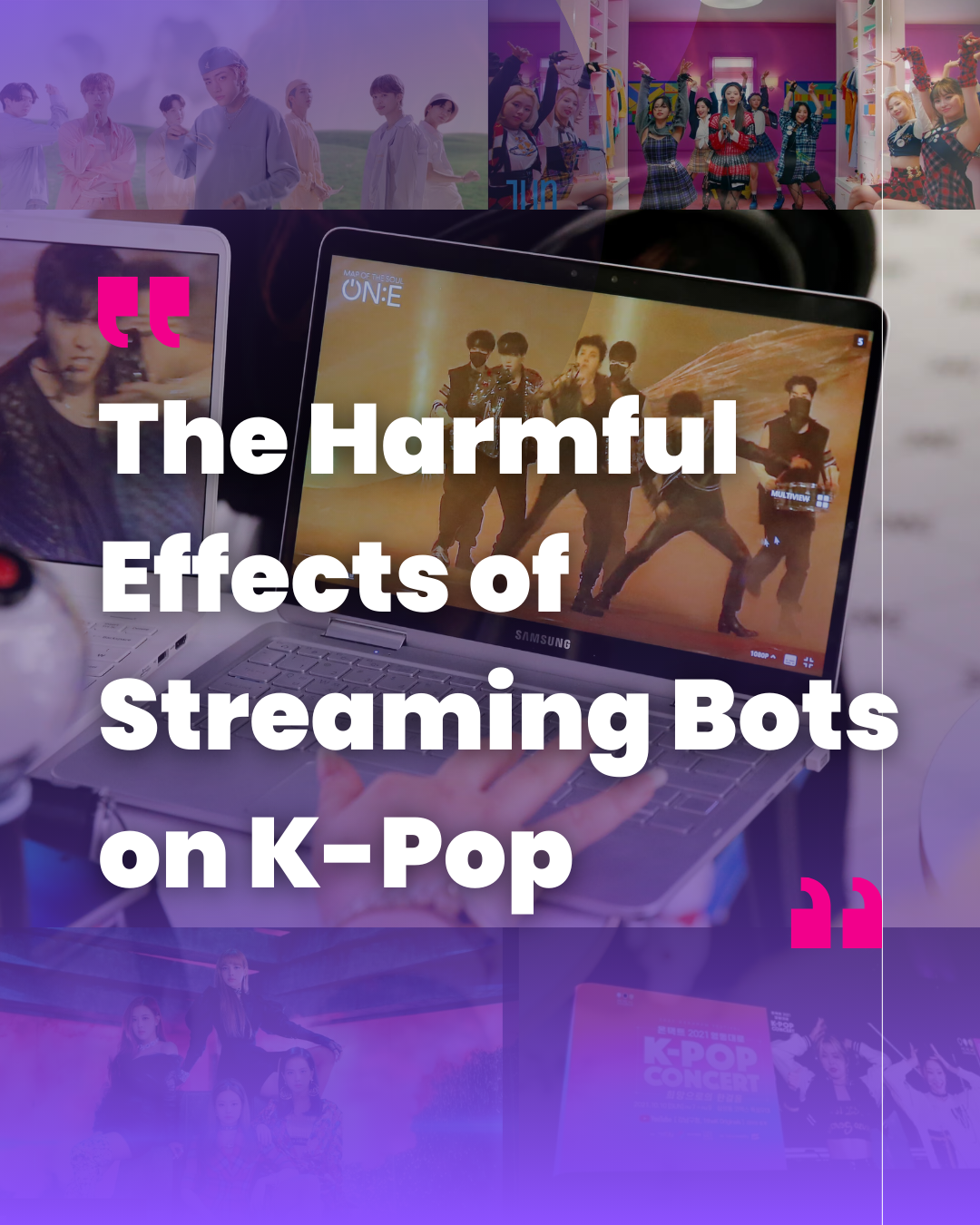








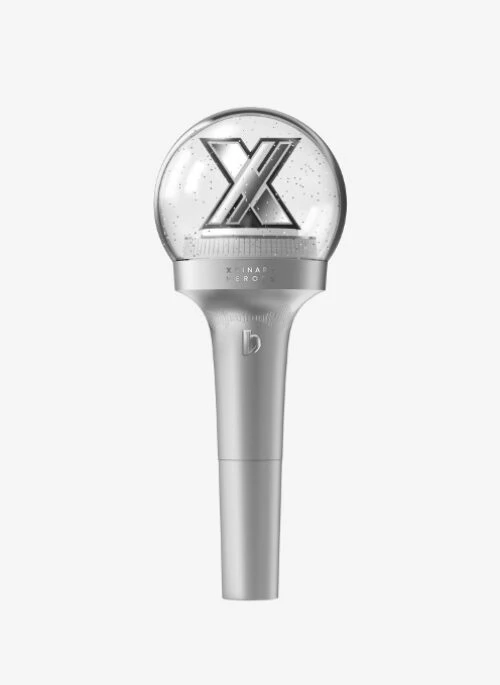

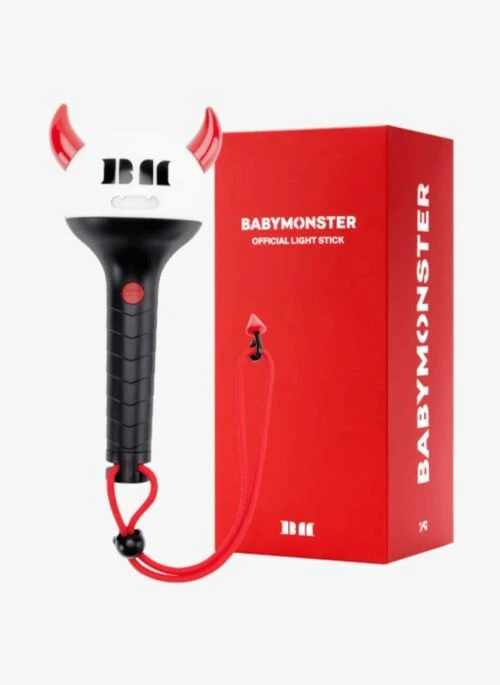







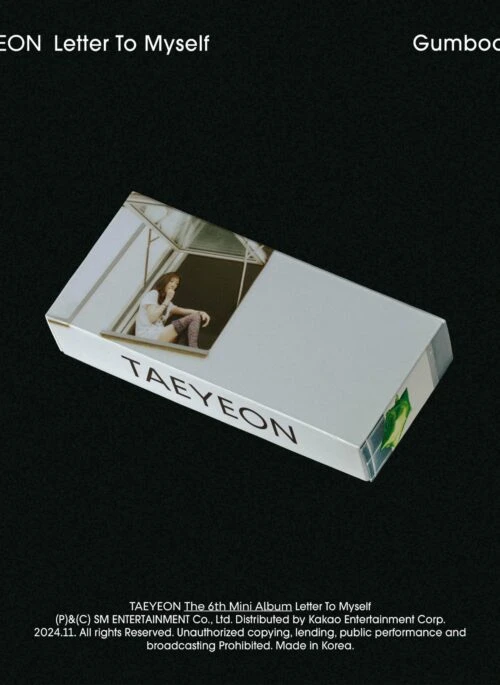
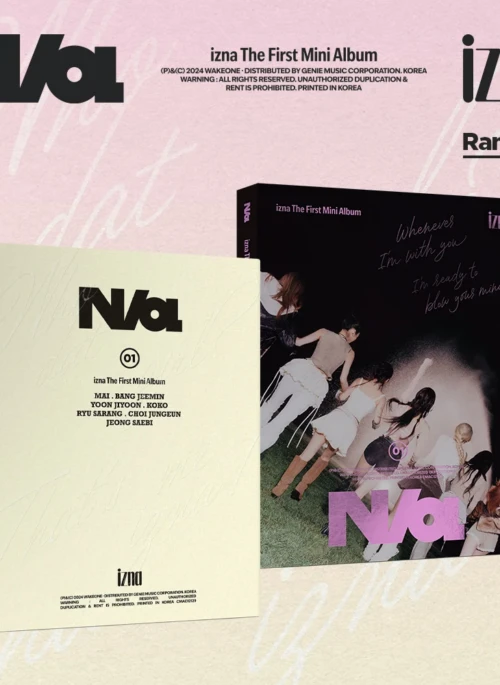


![JAY B 1st Album – Archive 1: [Road Runner] (TYPE : until)](https://s1.aptocdn.com/www.fashionchingu.com/wp-content/uploads/2025/01/JAY-B-1st-Album-Archive-1-Road-Runner-TYPE-until-1-500x685.jpg)

![JAY B 1st Album – Archive 1: [Road Runner] (TYPE : from)](https://s1.aptocdn.com/www.fashionchingu.com/wp-content/uploads/2025/01/JAY-B-1st-Album-Archive-1-Road-Runner-TYPE-from-1-500x685.jpg)


